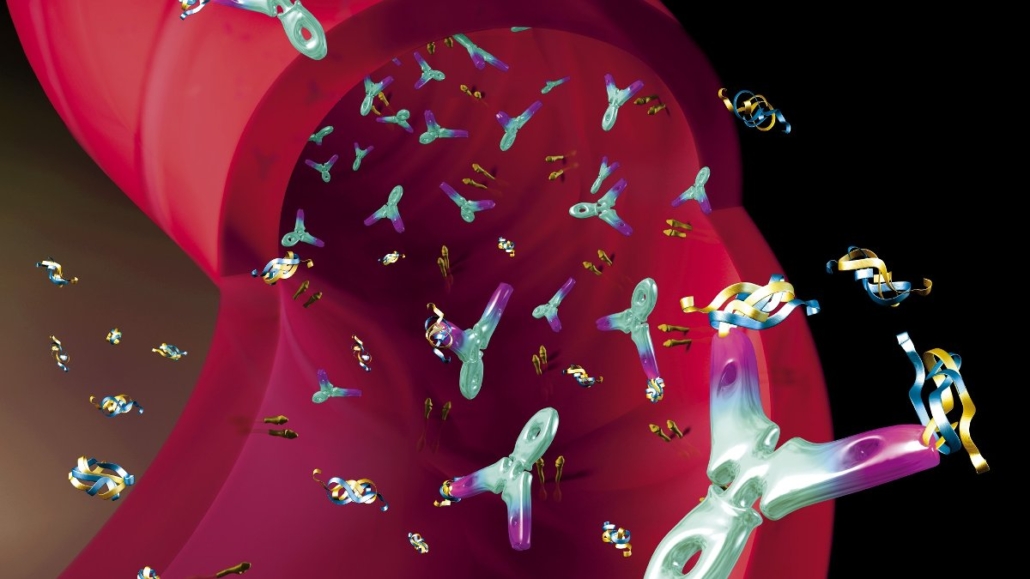
Roche granted breakthrough status for liver cancer combo
Roche announced today that the US-American Food and Drug Administration FDA has granted Breakthrough Therapy designation for the Swiss pharma giant's mAb combination therapy for liver cancer.
Based on data from a Phase Ib study, Tecentriq (atezolizumab) in combination with Avastin (bevacizumab) were given the breakthrough designation as a first-line treatment for people with advanced or metastatic hepatocellular carcinoma, the most common form of liver cancer. Breakthrough Therapy designation is a process designed by the FDA to accelerate the review of drugs targeting serious conditions if clinical trials indicate that the drug may offer a substantial improvement over available therapies. Roche has already been granted two such designations for Tecentriq in other indications.
Tecentriq is a monoclonal antibody designed to bind with a protein called PD-L1 expressed on tumour cells and tumour-infiltrating immune cells, blocking its interactions with both PD-1 and B7.1 receptors. By inhibiting PD-L1, Tecentriq may enable the activation of T cells. Tecentriq has the potential to be used as a foundational combination partner with cancer immunotherapies, targeted medicines and various chemotherapies across a broad range of cancers. Avastin, in addition to its established anti-angiogenic effects, may further enhance Tecentriq’s ability to restore anti-cancer immunity, by inhibiting vascular endothelial growth factor (VEGF)-related immunosuppression, promoting T-cell tumour infiltration and enabling priming and activation of T-cell responses against tumour antigens.
Tecentriq is already approved in the European Union, United States and more than 70 countries for people with previously treated metastatic NSCLC and for certain types of untreated or previously treated metastatic urothelial carcinoma (mUC).
Hepatocellular carcinoma is an aggressive cancer with limited treatment options and a major cause of cancer deaths worldwide, said Sandra Horning, Roche’s Chief Medical Officer and Head of Global Product Development. Preliminary data from the combination of Tecentriq and Avastin in this disease are promising and we look forward to working with health authorities to make this potential treatment regimen available to people with hepatocellular carcinoma as soon as possible.




